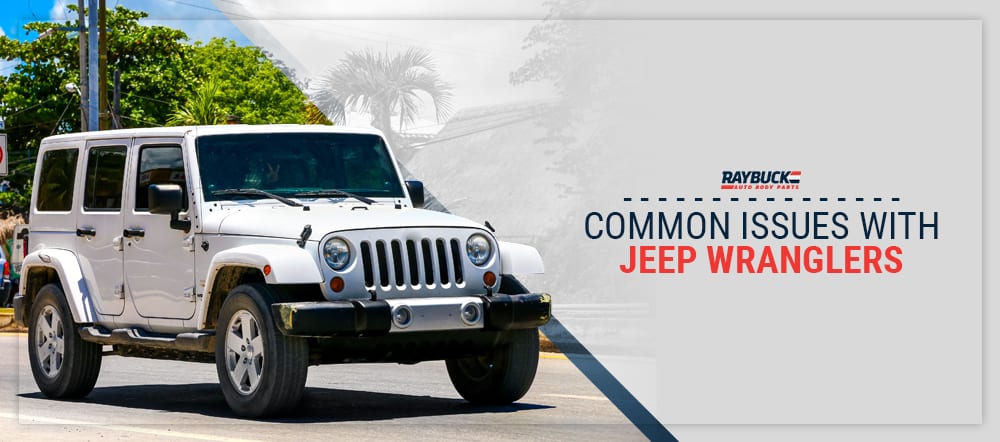Jeep vehicles are known for their ruggedness‚ off-road capabilities‚ and unique style. However‚ like any vehicle‚ they are not without their issues. Understanding common problems can help Jeep owners address them promptly and maintain their vehicles in optimal condition. Below‚ we discuss some of the most prevalent issues associated with Jeeps.
1. Electrical Problems
Electrical issues are among the most frequently reported problems in Jeeps. These can manifest in various ways‚ including:
- Battery Drain: Owners often experience unexpected battery drain‚ which may be caused by faulty wiring or accessories.
- Flickering Lights: Headlights and dashboard lights may flicker‚ indicating problems with the electrical system.
- Power Window Failures: Power windows may stop functioning due to electrical issues or faulty switches.
2. Transmission Problems
Transmission issues can severely affect the performance of a Jeep. Common symptoms include:
- Slipping Gears: This occurs when the transmission unexpectedly shifts or fails to stay in gear.
- Delayed Engagement: A noticeable delay when shifting from park to drive can indicate transmission issues.
- Rough Shifting: Rough or hard shifts can point to problems with the transmission fluid or internal components.
3. Suspension Issues
The suspension system is crucial for maintaining ride quality and handling‚ particularly in off-road driving. Common suspension problems include:
- Worn Bushings: Over time‚ bushings can wear out‚ leading to a less stable ride.
- Shock Absorber Wear: Worn shocks can result in poor handling and increased wear on tires.
- Alignment Issues: Misalignment can cause uneven tire wear and affect steering precision.
4. Engine Problems
Engine-related issues can arise in Jeep vehicles‚ often leading to performance drops. Key concerns include:
- Overheating: This can occur due to a faulty thermostat or coolant leaks.
- Oil Leaks: Common in older models‚ oil leaks can lead to engine damage if not addressed;
- Check Engine Light: A persistent check engine light can indicate various issues‚ from minor to severe.
5. Transfer Case Problems
For Jeep models equipped with four-wheel drive‚ the transfer case is vital for off-road capabilities; Issues may include:
- Noisy Operation: Unusual noises when engaging four-wheel drive can indicate wear.
- Fluid Leaks: Leaking transfer case fluid can lead to severe damage if not repaired.
- Difficulty Engaging: Problems engaging the transfer case may indicate internal issues.
6. Rust and Corrosion
Rust can be a significant issue‚ especially in older Jeeps or those driven in harsh conditions. Keep an eye out for:
- Frame Rust: The frame can rust if not properly maintained‚ affecting structural integrity.
- Body Rust: Areas prone to rust include wheel wells and door edges.
- Corroded Components: Suspension and brake components can corrode‚ compromising safety.
7. HVAC System Failures
The heating‚ ventilation‚ and air conditioning (HVAC) system is essential for comfort. Common issues include:
- Weak Airflow: This can indicate a clogged cabin filter or a failing blower motor.
- Temperature Control Issues: Problems in regulating cabin temperature can stem from faulty thermostats.
- Strange Noises: Unusual sounds from the HVAC system may indicate mechanical failure.
Owning a Jeep can be a rewarding experience‚ especially for those who enjoy off-roading and adventure. However‚ being aware of common issues can help owners take proactive steps to maintain their vehicles. Regular maintenance and inspections can prevent many of these problems and ensure a safe‚ enjoyable driving experience.
Always consult with a qualified mechanic if you encounter any significant issues with your Jeep. Staying informed and vigilant can help keep your Jeep running smoothly for years to come.

